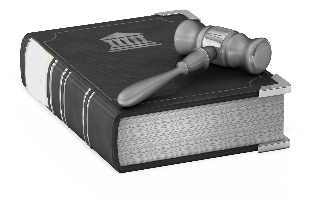
General Policies Regarding Extensions
Any request for an extension of time to file a brief must be made by filing a motion for procedural order that complies with ARCAP 6(b)(1)(B) & (C). The court will deny a motion if it does not comply with the rule.
The court will only grant an extension of time to file a brief upon a showing of good cause. Conclusory statements asserting “scheduling conflicts” or “other work” will not constitute good cause for an extension of time. The court will only grant an additional extension if the motion provides new and unforeseen circumstances that justify another extension.
If a party has not obtained an order extending time prior to the deadline to file, the brief must be timely filed. To ensure enough time for processing, the court encourages parties to file a motion for extension of time to file a brief at least 5 business days prior to the deadline.
If a party does not timely file the opening brief, the court will dismiss the appeal. If a party does not timely file an answering brief, the appeal will be submitted on the record and any filed briefs. If the reply brief is not timely filed, the court will deem the appeal “at issue” and submit it on the record and the filed briefs.
If a party files a brief after the deadline, it must be accompanied by a motion to accept the brief that demonstrates good cause for the late filing. If the court denies a request to accept an untimely brief, it will strike the filed brief. Late briefs may be subject to sanctions under ARCAP 25, including dismissal.